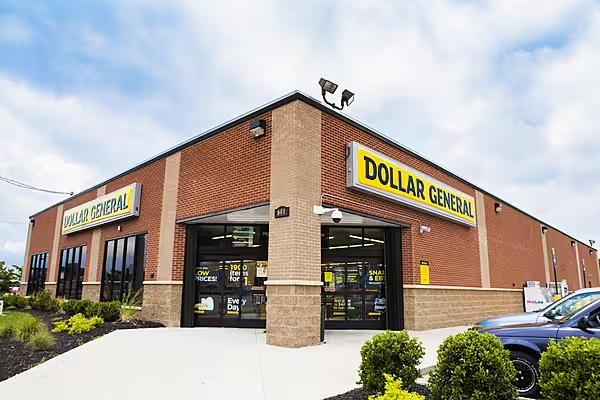German retail sales fell unexpectedly in July, data showed on Wednesday, dashing hopes that household spending in Europe's largest economy can drive a strong recovery in the third quarter from the coronavirus shock.
Chancellor Angela Merkel's government has since March unleashed an array of rescue and stimulus measures, financed with record borrowing of €217.8 billion, to help companies and consumers get out of the crisis.
The stimulus package includes a temporary cut in value-added tax (VAT) from 1 July until 31 December, worth up to €20 billion, to give domestic demand an additional push.
Impact Of The Measure
But the retail sales figures released by the Federal Statistics Office cast some doubt on whether the measure is working. Some companies are not passing on the tax cut to consumers and shoppers generally seem to be holding back.
Retail sales were down by 0.9% on the month in real terms in July after a revised drop of 1.9% in June and a 13.2% jump in May, when authorities eased lockdown measures.
This missed a Reuters forecast for a 0.5% increase, though retail sales are a volatile indicator often subject to revision.
"The disappointment among German retailers is likely to have been great: The VAT cut on 1 July did not lead to the hoped-for increase in sales, at least in the first month," DZ bank economist Michael Holstein said.
But Holstein warned that it was too early to write off the tax cut as ineffective - it could still help in the coming months.
V-Shaped Recovery
The retail picture was a bit brighter over the past 12 months. On the year, retail sales rose by 4.2% in real terms after an upwardly revised increase of 6.7% the previous month, the data showed.
Compared with February, the month before the outbreak of the pandemic, retail sales were 0.9% higher in real terms in July, the office said, suggesting they managed to recover relatively quickly.
In the first seven months of the year, retailers increased their sales by 2.6% in real terms despite the crisis.
The data revealed huge gaps within the sector. Sales in shops selling textiles, clothes, shoes and leather goods collapsed by more than a quarter in the January-July period. Online retailers increased their sales by a fifth.
The German economy contracted by a record 9.7% in the second quarter as household spending, company investment and trade all collapsed at the height of the COVID-19 pandemic.
The government on Tuesday revised upwards its 2020 forecast for the economy to shrink by 5.8% this year from a previous estimate of -6.3%. But this would still represent the biggest economic slump since World War Two.














